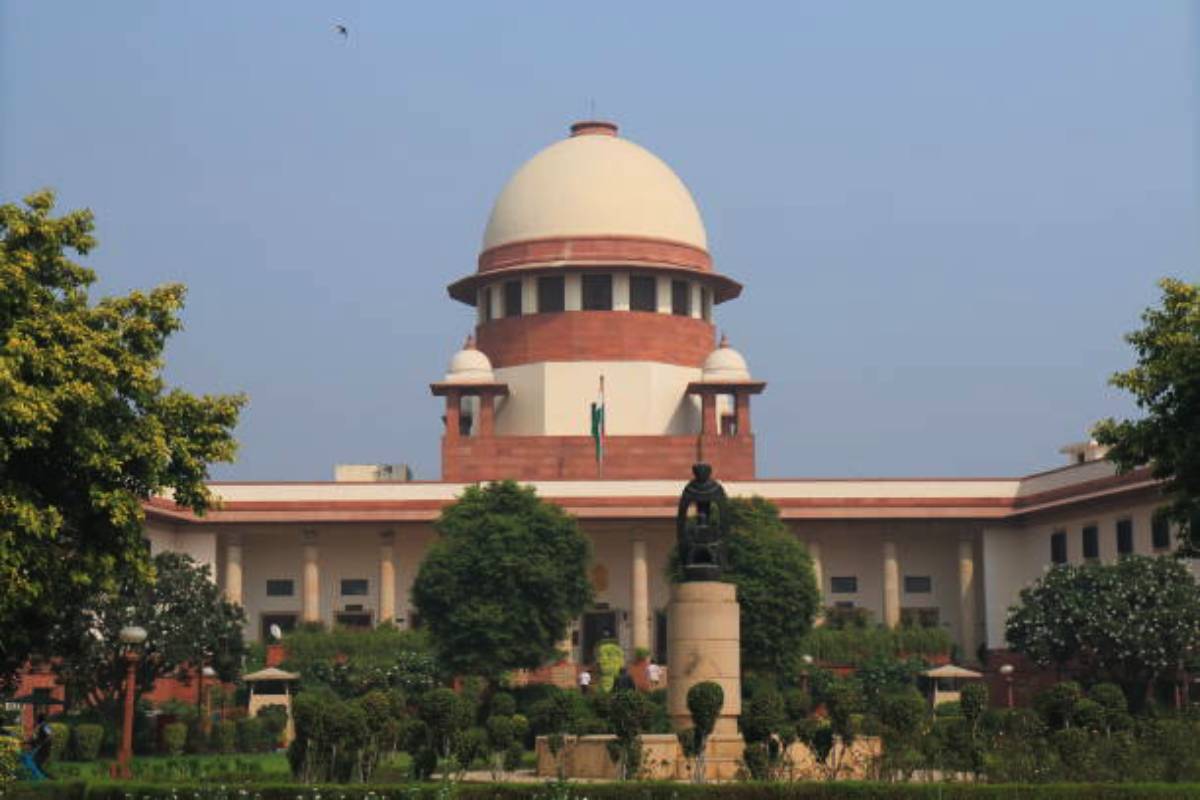The Central government on Monday defended its decision to abrogate Article 370 – that had conferred the special status to J&K – and the Jammu and Kashmir Reorganisation Act, 2019, bifurcating the erstwhile state into two Union territories – J&K and Ladakh, stating that it has ushered in an “unprecedented era of peace, progress, prosperity” in J&K and the street violence, which was engineered and orchestrated by terrorists and secessionist networks has now become thing of past.
Since 2019, when Article 370 was abrogated, the entire region has witnessed an “unprecedented era of peace, progress and prosperity” and schools, colleges and universities are functioning without any strikes during the last three years, the Centre has told the top court in an affidavit filed a day before a five-judge constitution bench embarks on hearing on Tuesday a batch of petitions challenging the abrogation of Article 370 and the bifurcation of the erstwhile State in two Union Territories.
Advertisement
“The earlier practice of strikes and bandhs is a thing of the past. Participation in sporting activities is phenomenal having reached 60 lakhs in 2022-23. These facts clearly prove the positive impact of the constitutional changes effected in 2019,” Centre said in its affidavit.
Organised stone pelting incidents connected with terrorism-separatist agenda, which were as high as 1767 in 2018, have come down to zero in 2023 till date, the Centre stated in its fresh affidavit before the top court.
The year 2018 saw 52 incidents of organised bandh/ hartal, which has come down to zero in the year 2023 till date, it added.The Centre has described a watershed event in the history of the valley, the hosting of G-20 Tourism Working Group meeting at Srinagar in May 2023.
The Centre has said that the UTs of Jammu & Kashmir and Ladakh have witnessed profound ameliorative, affirmative and progressive changes in last four years encompassing its entire governance – including the developmental activities, public administration and security matters which has positively impacted every resident irrespective of caste, creed or religion.
A five-judge Constitution bench of Chief Justice of India DY Chandrachud and Justice Sanjay Kishan Kaul, Justice Sanjiv Khanna, Justice BR Gavai, and Justice Surya Kant will hear the petitions.
A number of petitions are pending before the top court challenging the scrapping of Article 370 of the constitution and bifurcating the state into two Union Territories.
The Centre has also stated that work on transit accommodation for the Kashmiri Pandits for their safe return to the valley is in the advanced stage and is expected to be majorly completed in the next one year.
Post abrogation, local languages like Kashmiri, Dogri, Urdu and Hindi have also been added as official languages, fulfilling the demand of the people, the affidavit highlighted.
On August 5, 2019, the Central government announced the revocation of the special status of Jammu and Kashmir granted under Article 370 and split the region into two Union territories.











